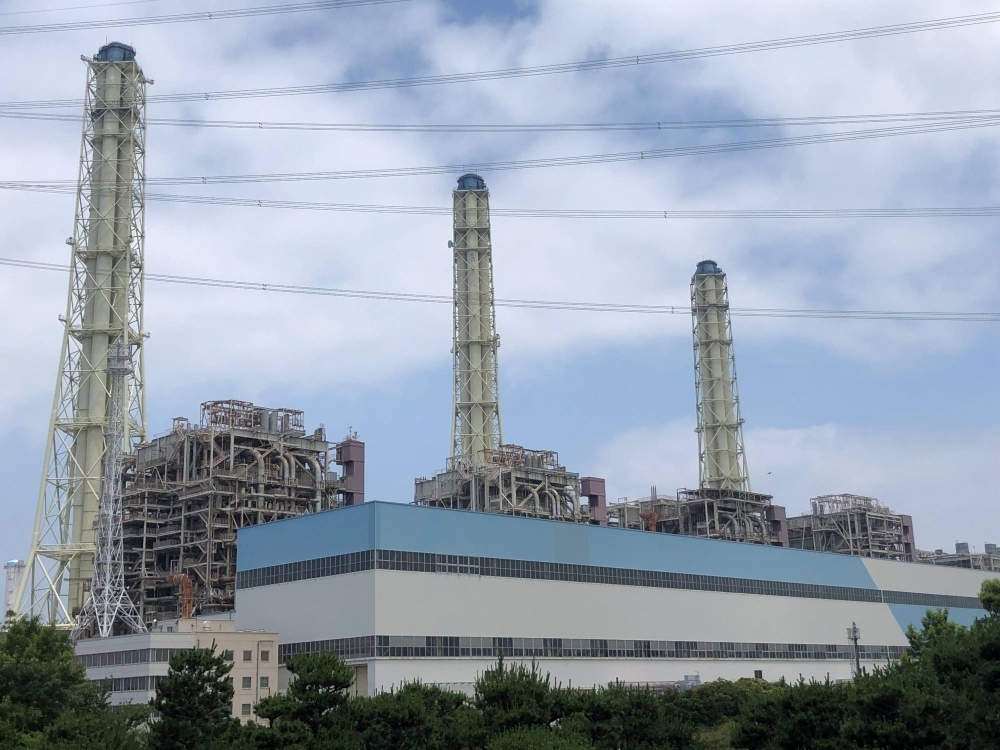The yen’s relentless decline risks pushing power prices higher for Japan’s households and businesses.
Japan buys its fuel in U.S. dollars, and the weak yen makes it more expensive. That will exacerbate an already expected increase in power prices over the next few months, as the government removes subsidies and increases a surcharge to support green energy.
"Fuel costs are reflected in power bills, so a weak yen isn’t good for customers,” said Takeshi Hayashi, the vice manager of the Tokyo branch for Shikoku Electric Power. Japan imports roughly all of its fossil fuels, and costs are automatically passed onto the consumer.
Pricier power illustrates the far-reaching impact of the yen’s decline, which hit the lowest level against the U.S. dollar in 34 years on Friday. Costlier power threatens to erode the competitiveness of Japanese businesses, while piling more inflation onto households.
The cost of a liquefied natural gas shipment priced in yen has jumped about 30% so far this year, according to Bloomberg calculations of Brent oil-linked contracts. The same shipment in U.S. dollars increased about 18%.




